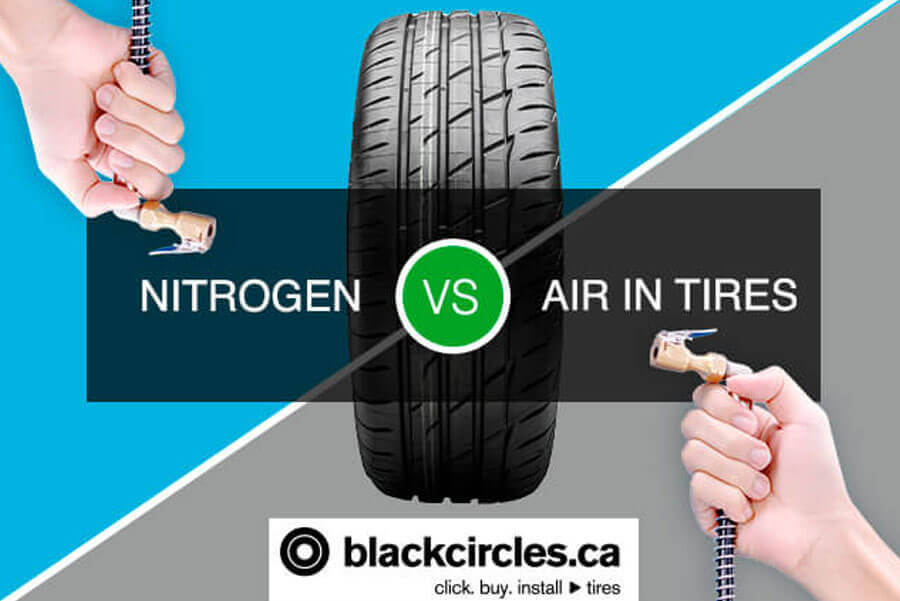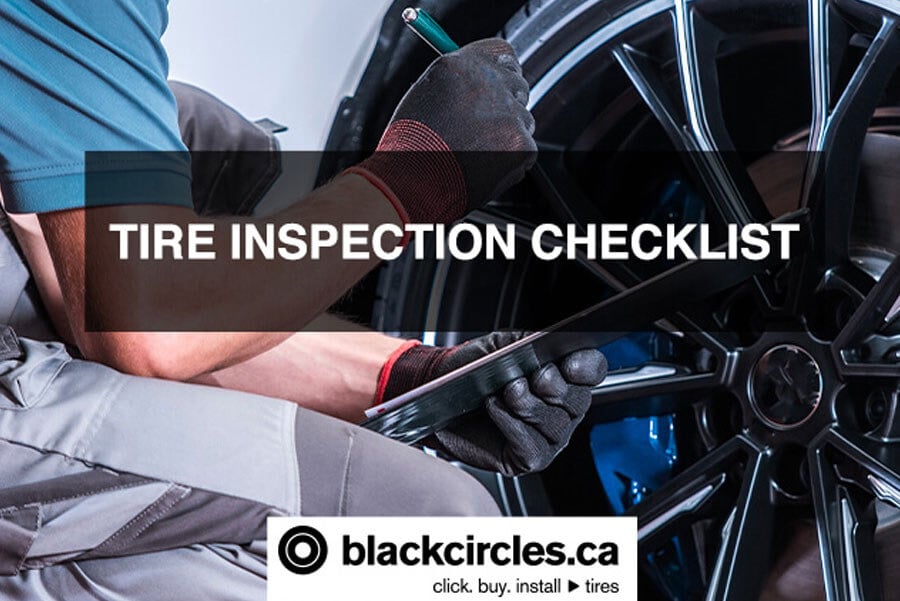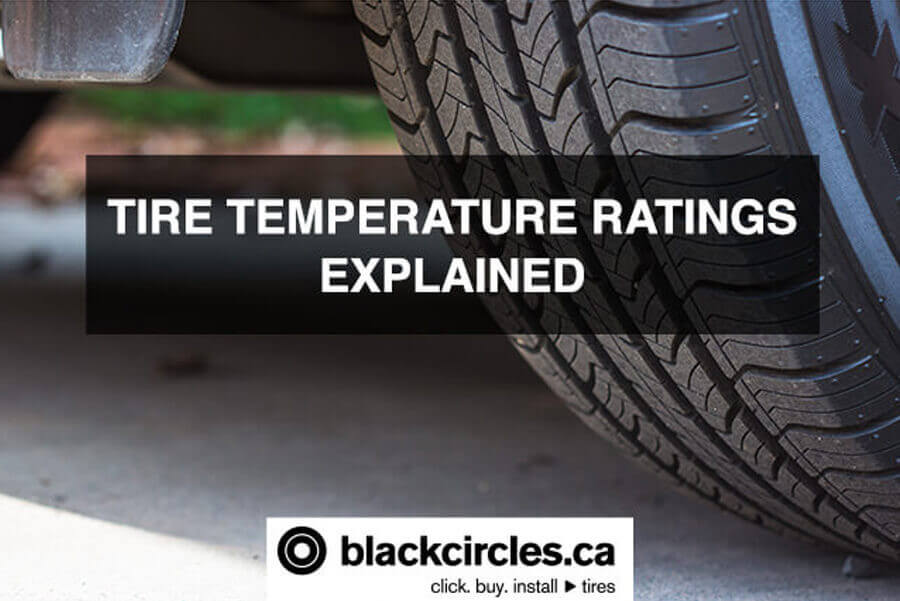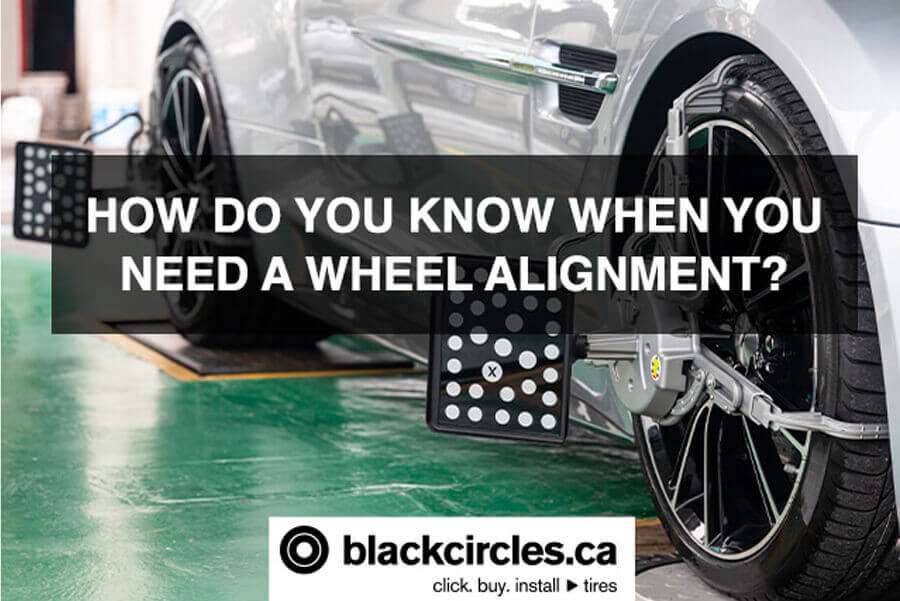One aspect of tire ownership and maintenance that has garnered a lot of buzz and conversation in recent years is whether you should, as a vehicle driver, fill your tires with nitrogen vs air. Today, many new cars come with nitrogen-filled tires, and you may be wondering if this is something that you should do with your own tires, and you may question: Are nitrogen tires worth it? Read on!
There is some science behind the idea that nitrogen is better than regular air in tires. Nitrogen is a pure gas, and the molecules that make up this gas are larger than regular air molecules. Nitrogen is used in F1 racecars, many high-performance street worthy sports cars and airplane tires. It is thought that because the molecules in nitrogen are larger than oxygen (air), tires filled with this gas will maintain their proper levels of inflation longer, and if the tire has very small punctures, it will take longer for the nitrogen to seep out. As air particles are smaller, some drivers feel that if you experience even the smallest puncture in your tire, the air will seep out more quickly, leading to loss of tire inflation, and less fuel efficiency overall.
Nitrogen Tire Pros
Of course, proper tire inflation is directly linked to a) the tire’s overall safety; and b) better fuel economy, so this is some people’s reasoning behind getting nitrogen vs air in tires. It is also thought that because “air” is not a pure gas – as you can get air for your tires anywhere – these smaller molecules are not as robust as pure nitrogen, and your tire PSI (pound per square inch) will diminish more quickly over time.

What are Nitrogen Tires
It is important to note that any tire can be filled with nitrogen instead of air. So, if you are interested in nitrogen-filled tires then you can do this with your current tires. If you have just recently purchased a new car, it’s possible that your OE tires were filled with nitrogen when you picked it up from the dealership. If this is the case, then you need to remember that when your tires start losing pressure and need to be inflated, you need to make an appointment at your dealership or at a tire shop that has the ability to fill your tires with nitrogen.
You may also be wondering if there are advantages and disadvantages to filling your vehicles tires with nitrogen vs air. Below, we spell out the various advantages and benefits, as well as the disadvantages to nitrogen vs air in tires.
Advantages of Nitrogen
- Nitrogen-filled tires are thought to maintain the proper levels of tire inflation longer than air.
- Nitrogen is less affected by hot summer temperatures than air.
- You may not have to fill your tires as often if you use nitrogen, as this gas is better at maintaining proper tire pressure.
Disadvantages of Nitrogen
- Filling your tires with nitrogen can be costly, however, you may have to fill your tires less often.
- You will need to fill your tires with nitrogen at a special location, such as your dealership, or a tire retailer or hardware store that services tires.
- You should not top up nitrogen-filled tires with air if you want to enjoy the highest levels of fuel efficiency and maintain exact inflation levels.
Advantages of Air
- Air is relatively inexpensive, so air vs nitrogen-filled tires are cheaper to upkeep.
- Convenience. You can generally fill your tires with air in multiple locations – gas stations, and even at home if you have an air compressor or regular tire pump.
Disadvantages of Air
- It is thought that air-filled tires need to be checked and filled more often, as air may seep out over time.
- Air expands more quickly in the summer heat, meaning your tires may be slightly overinflated.
- Air contracts more in cold temperatures, and this contraction may cause slight underinflation in tires.
Nitrogen-Filled Tires in Winter
Even though nitrogen is a pure gas, it is still affected by changes in the temperature. It is commonly thought that nitrogen is less affected by extreme hot and cold temperatures than air, and therefore maintains tire inflation levels better than air-filled tires in extreme temperatures.
However, it may be that nitrogen-filled tires do stay a bit cooler during the hot temperatures, whereas regular air does expand slightly, but this increase in pressure (when air expands) doesn’t really affect the average tire driven by the average driver. The same goes for winter, and nitrogen-filled tires can be driven in winter as this gas is not overly affected by cold temperatures.
Overall Thoughts on Nitrogen vs Air-Filled tires
If you are a driver that is truly concerned about maintaining the exact proper tire inflation on your new tires, then it is thought that nitrogen will help maintain pressure for longer periods of time. This might mean that you go longer between filling tires, but this doesn’t mean that you should put off regular testing of your tire inflation levels, which is still recommended to be completed on a monthly basis. In addition, when you do need to fill your tires with nitrogen, you must get this done at a tire maintenance facility that has this gas readily available.
Of course, it is your choice as a driver how you want to fill your tires. If you buy a new set of tires and want to test the advantages of nitrogen-filled tires, and see if this adds to the overall performance and increased fuel efficiency of your vehicle over a set period of time, then this would be an interesting experiment.
Or, if you currently own a vehicle with air-filled tires and want to see if filling them with nitrogen increases fuel efficiency, then this could also be an interesting choice. Just remember, your air-filled tires must be completely emptied of air before they can be filled with nitrogen, and this filling needs to be done at a registered facility.
If you have any additional questions about air vs nitrogen-filled tires, or are wondering if the brand you are researching is best filled with nitrogen or air, it’s always best to turn to tire experts such as the team at blackcircles Canada. Just reach out to us via phone, email or online chat and we will be happy to help you.







